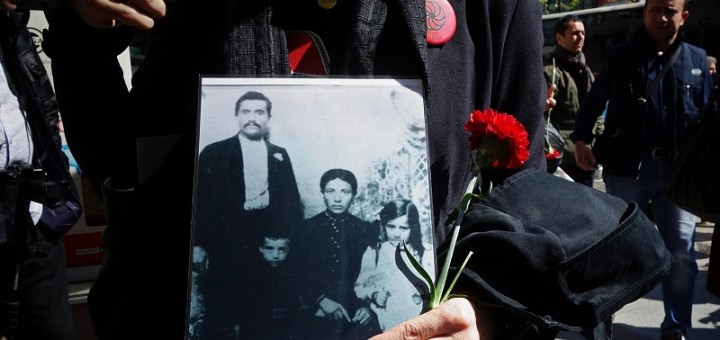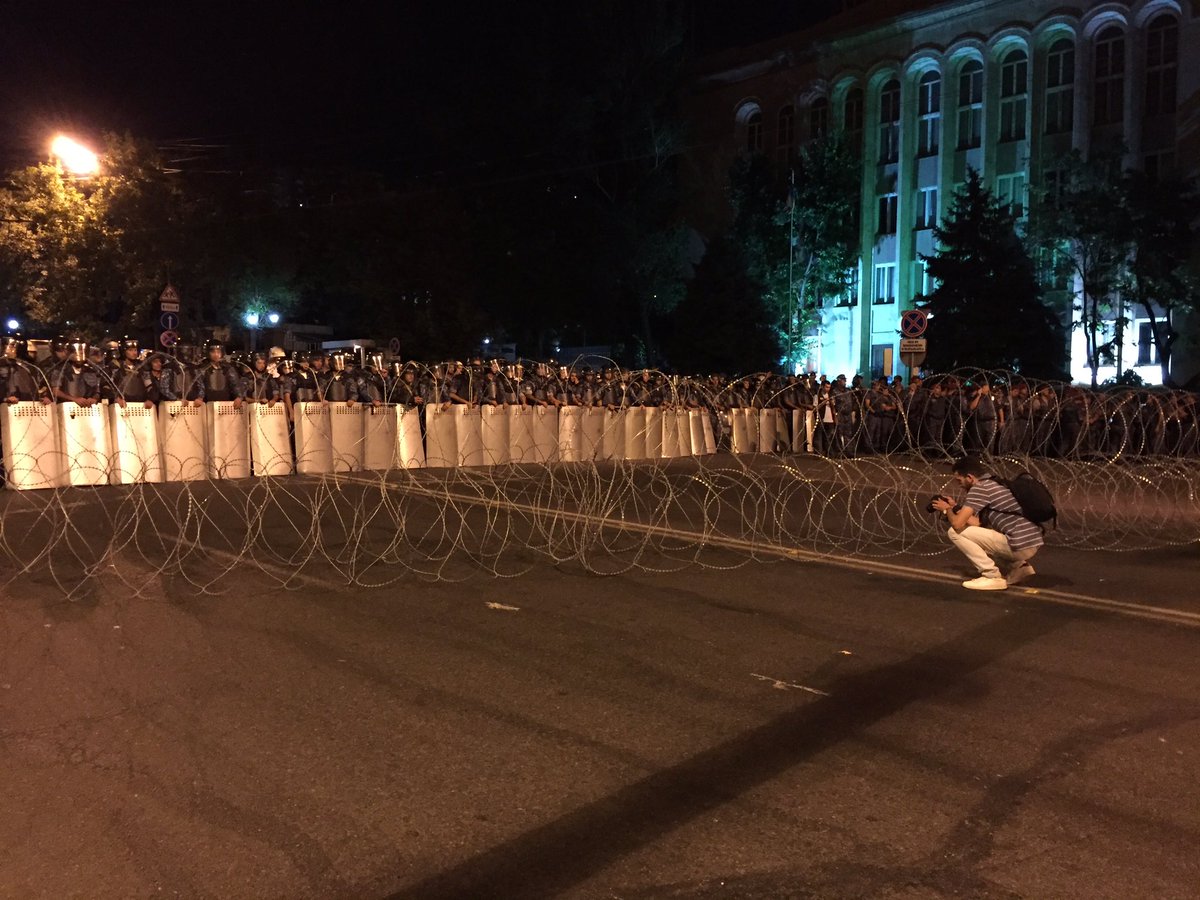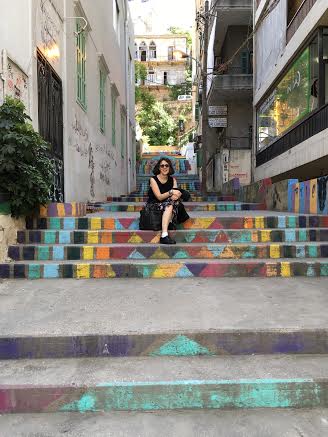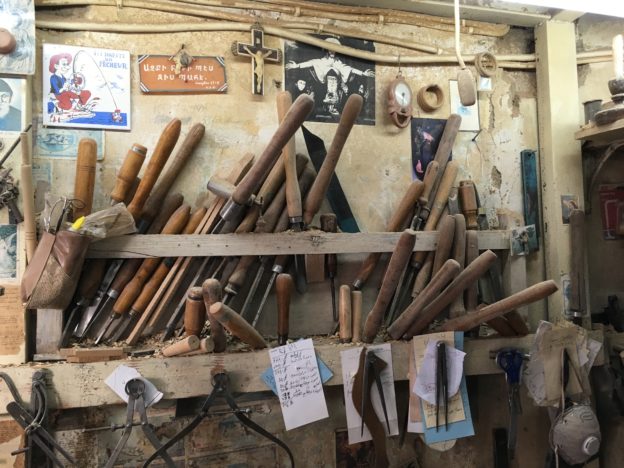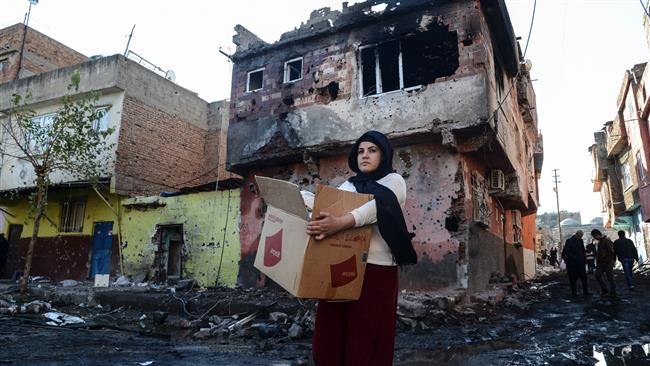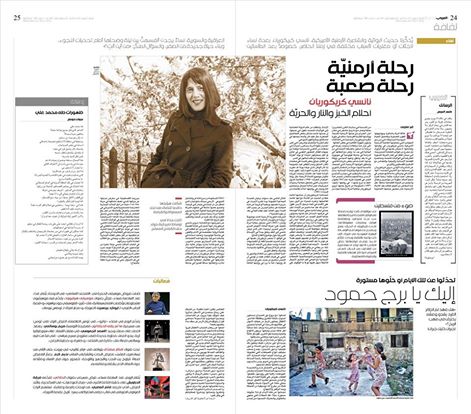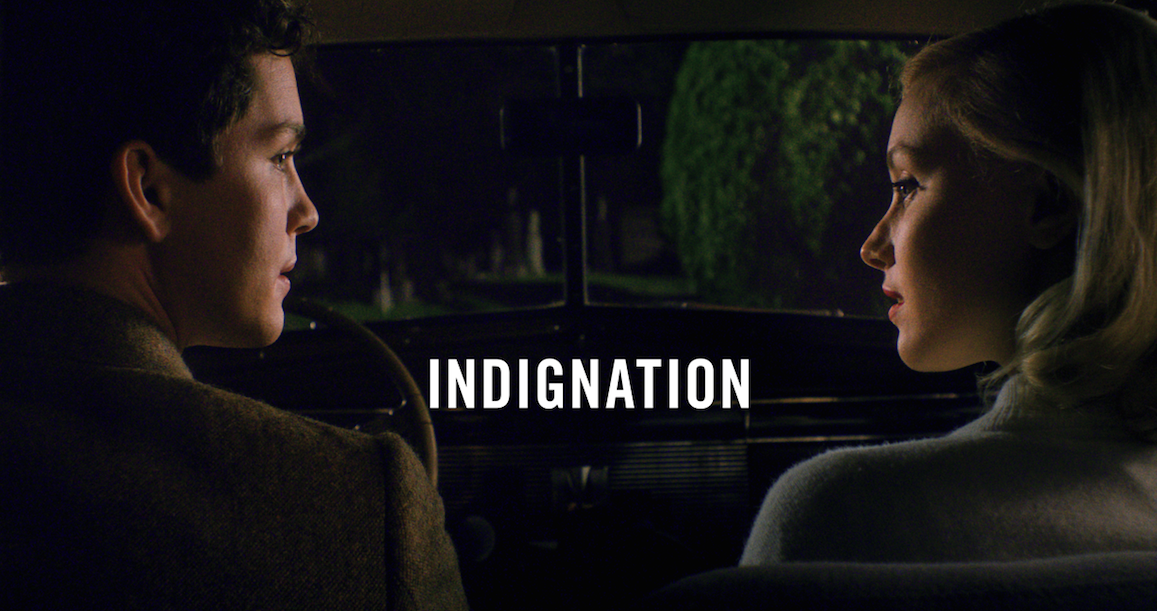The Opposite of Coals to Newcastle

Last week as I was preparing to head downtown for breakfast with an acquaintance who runs a small press, I considered bringing him a copy of one of my novels. I had known him during my days running a literary scouting business, before having published a book, and hadn’t seen him in years. But wasn’t bringing a book to a publisher akin to carrying coals to Newcastle? In the years that I worked as a literary scout—reading dozens of books, bound galleys, and manuscripts each week—when someone gave me a book as a gift, I felt slightly queasy. It was like what you might experience at the end of a pie-eating contest if someone put another slice of pie in front of you.
This train of thought reminded me of the time long ago when I went to visit Alice Kharibian, my grandmother’s lifelong friend who was the model for the Arsinee character in Zabelle, my first novel. Mrs. Kharibian had agreed to tell me the story of how she and my recently deceased grandmother had together survived the Deportations of 1915, also known as the Armenian Genocide. My father and I drove to Jamaica Plain, where Mrs. Kharbian lived, and I brought her a bouquet of flowers.
When I handed her the flowers, Mrs. Kharibian, who was known to be frank, said, “Honey, why did you bring me those? My son’s a florist. You should have brought me some meat.” She put them in a vase nonetheless, and then we sat down for a long session of storytelling with the tape recorder rolling (as the tape did roll in those days).
It was then that she told me about how close to starvation she and my grandmother had been during their days as orphaned girls at Ras al Ain in the Syrian Desert. One of the stories, which I put to use in my novel, was about their finding a dead and rotting camel by the side of the road. The carcass was full of maggots, but they managed to use the ragged lid of a tin can to cut flesh from it and then roasted the meat over an open flame. “We couldn’t stand to eat it,” she told me, “but we sold it to others, and with the pennies we got, we were able to buy some bread.”
On the way home my meat cutter father told me that when he had given my grandmother a ride to her friend’s house, it was his habit to bring Mrs. Kharibian a good cut of meat—steak, sirloin tips, or some lamb chops.
That afternoon, when Mrs. Kharibian explained to me how she and my grandmother had survived while tens of thousands around them had perished, she said, “Your grandmother was so wishy-washy. If it wasn’t for me telling her what to do, she would have been dead in the desert. I had to be jarbeeg for both of us.” (Jarbeeg is the Armenian word for clever.)
Mrs. Kharibian was clever, tough, and bossy, all of which served her and my grandmother well for survival. At my grandmother’s funeral, she sat down beside me and said, “We were girls together in the desert. What will I do now without her?”
Nancy Kricorian
22 September 2016, New York City
September 22, 2016
